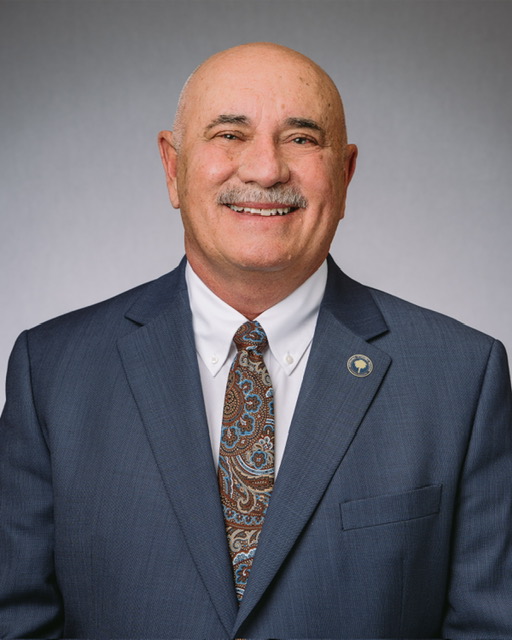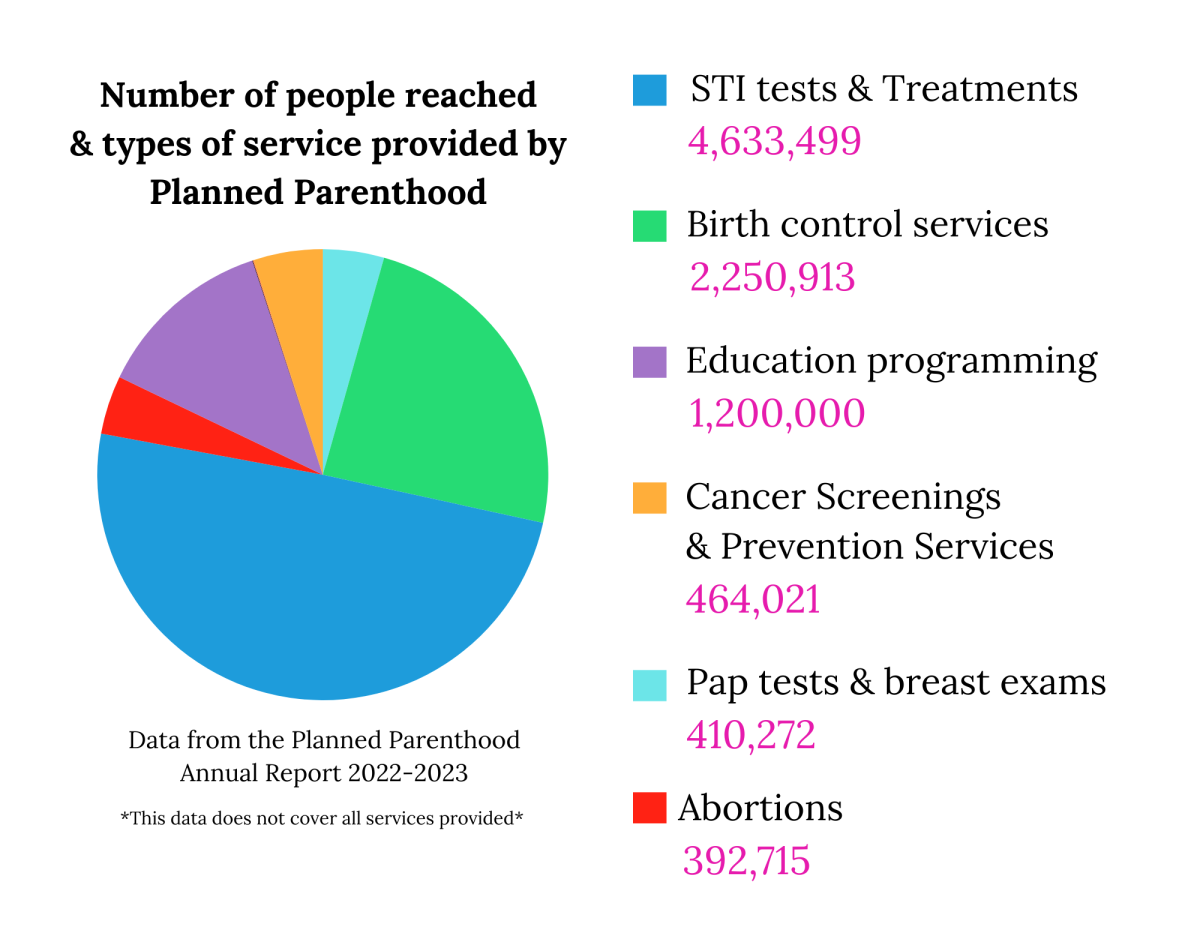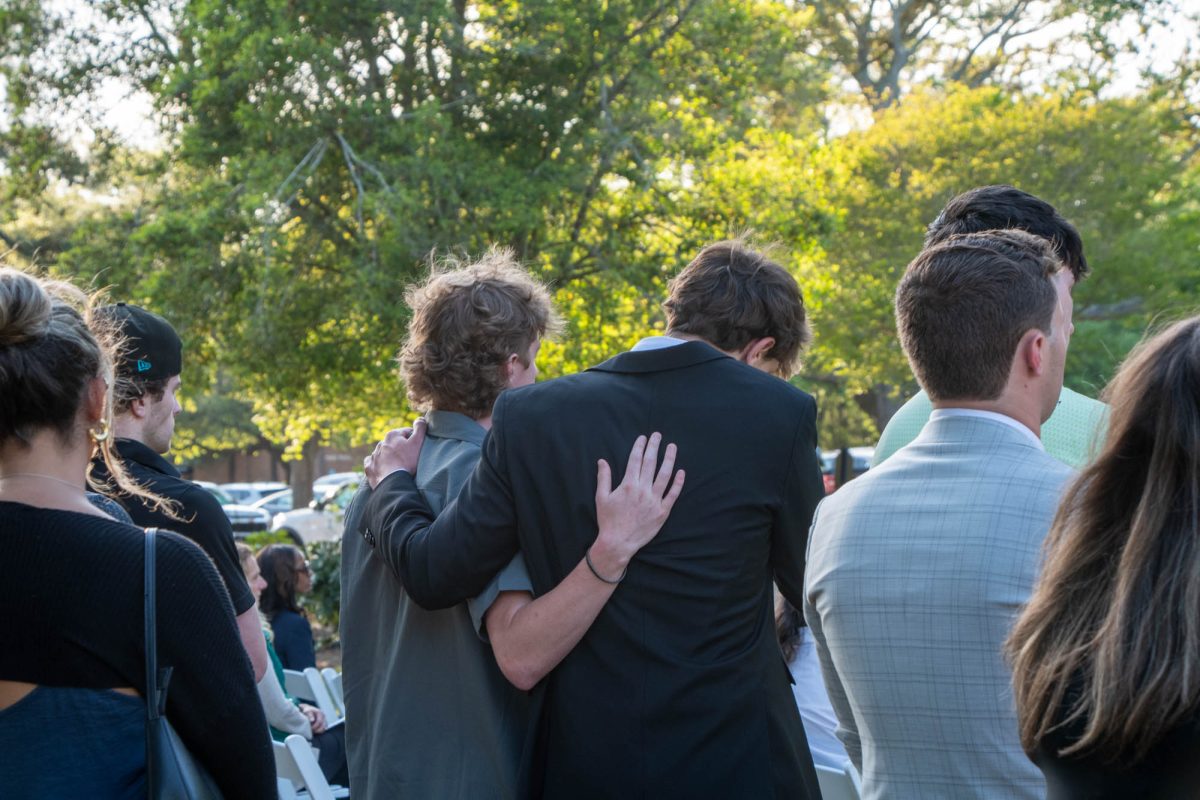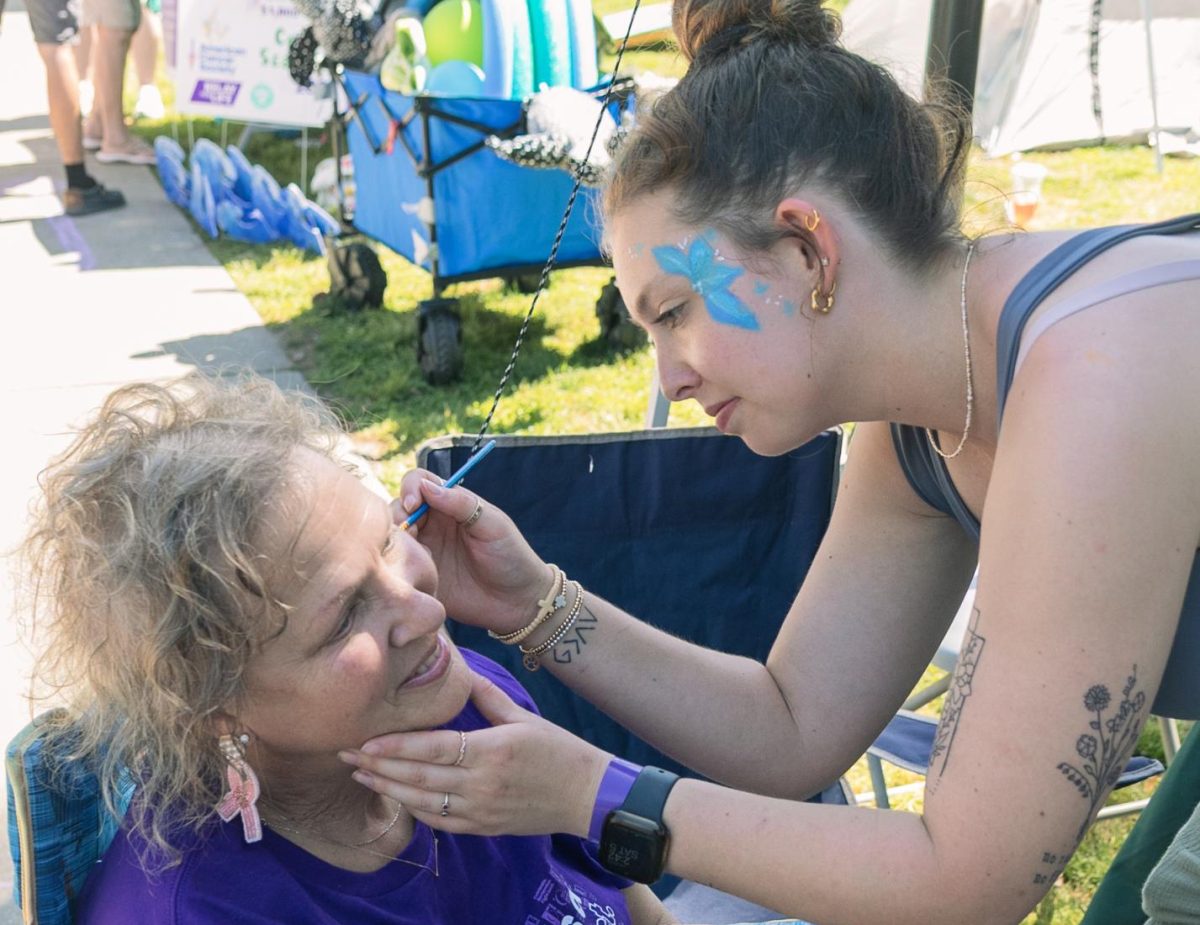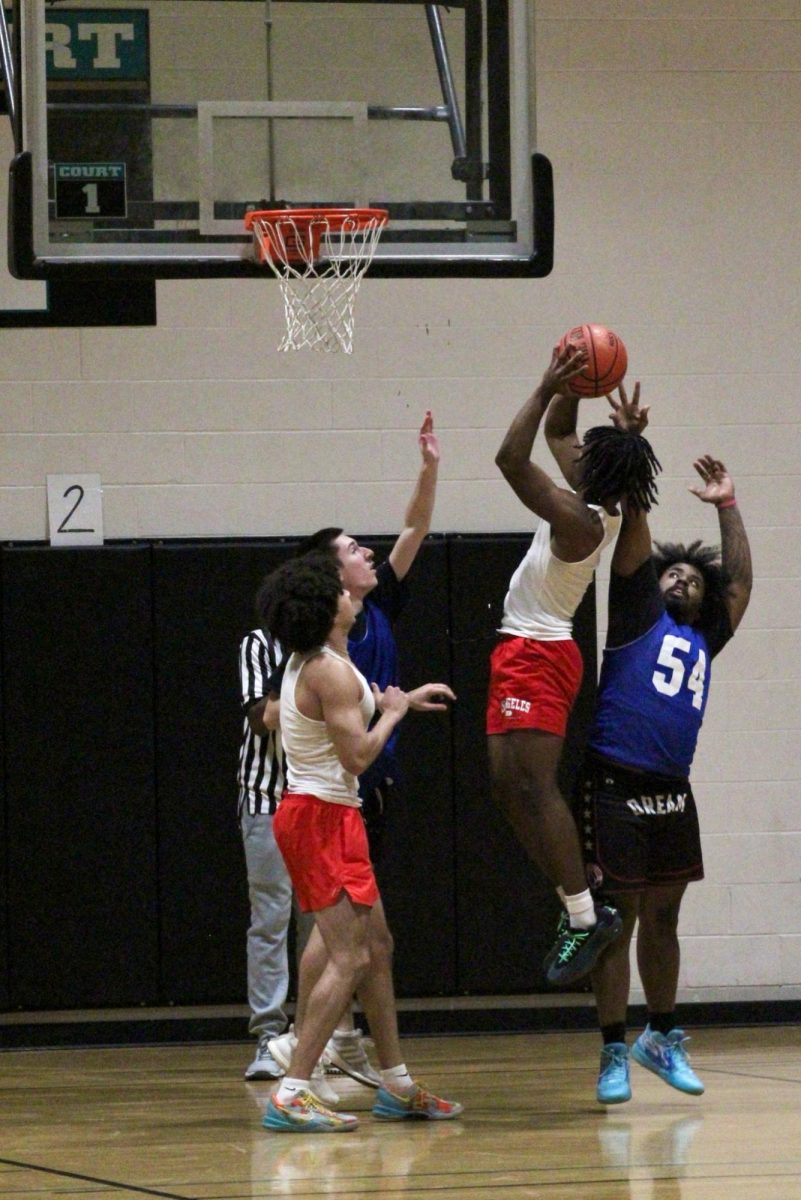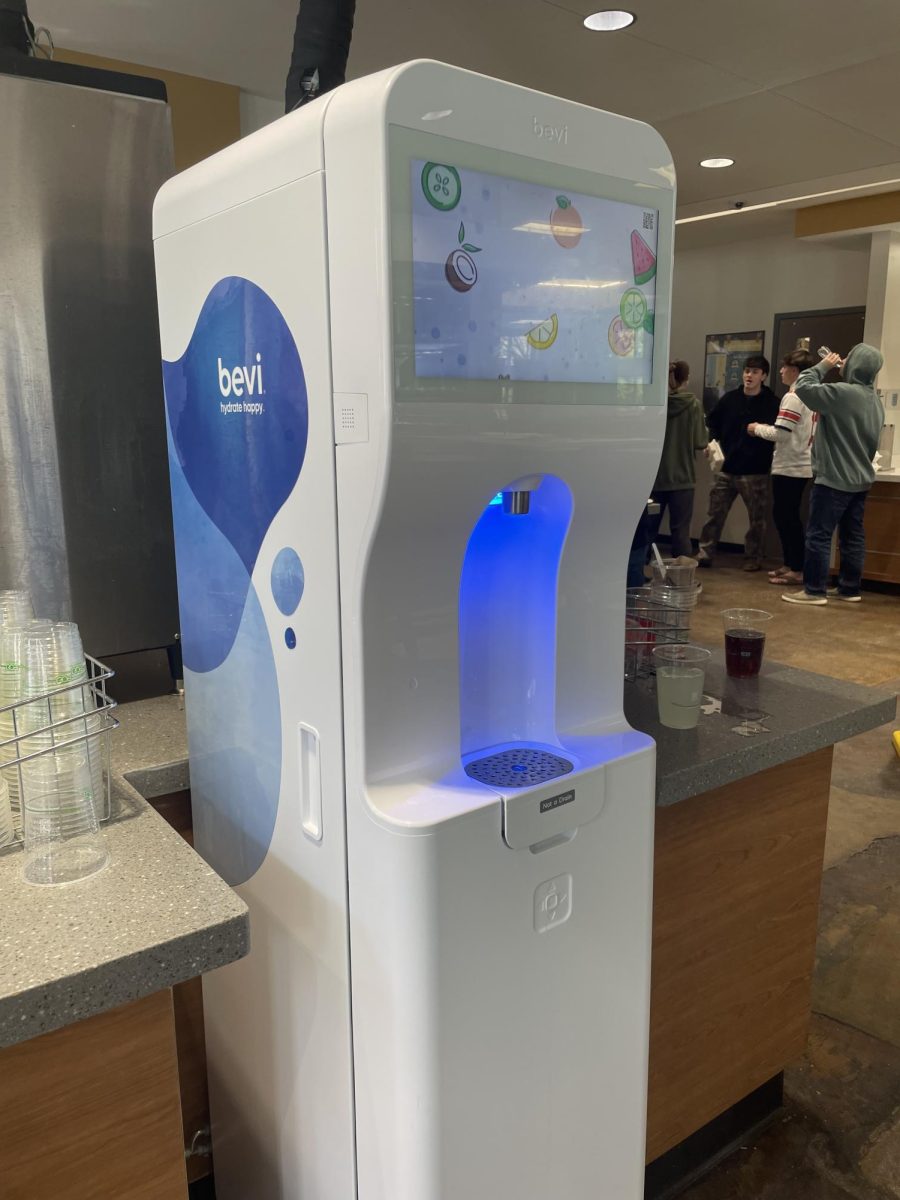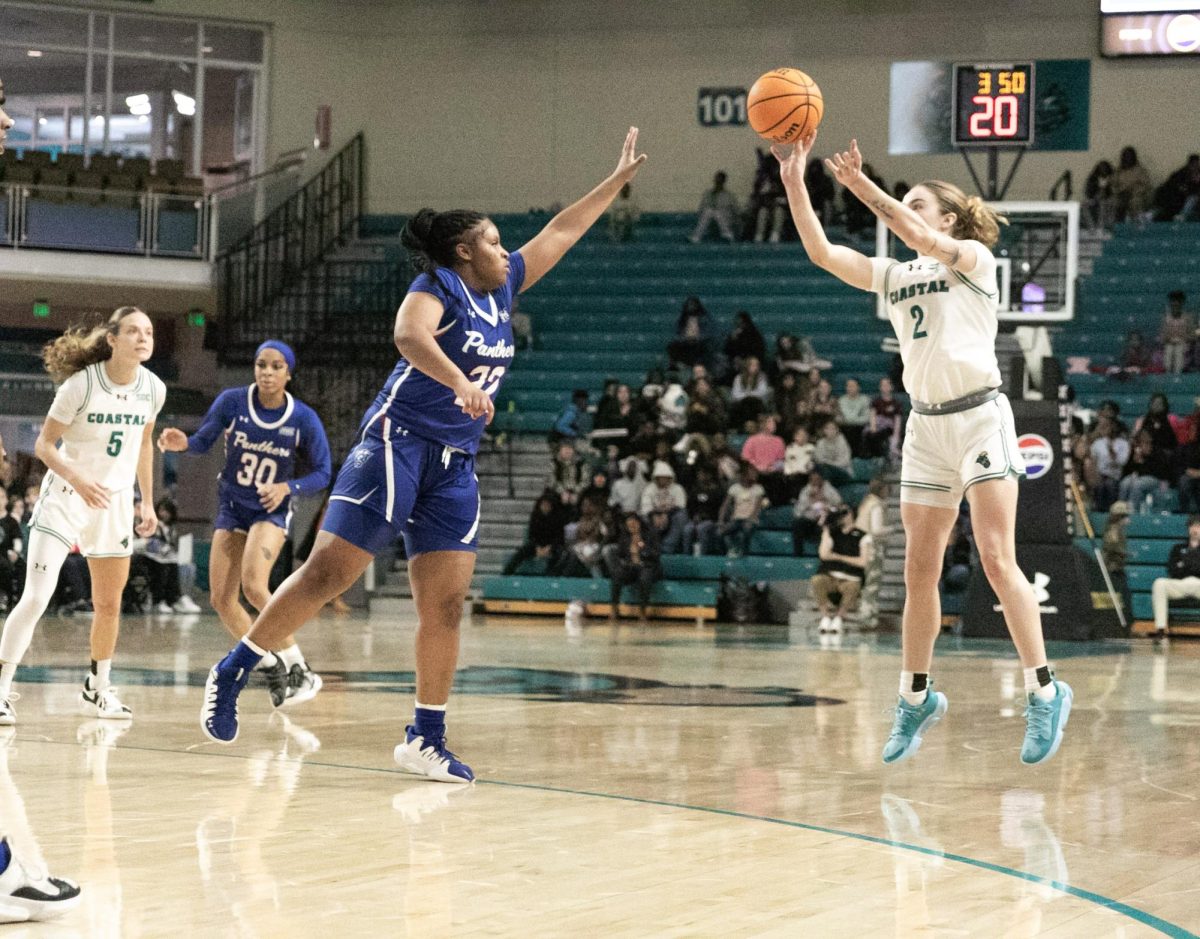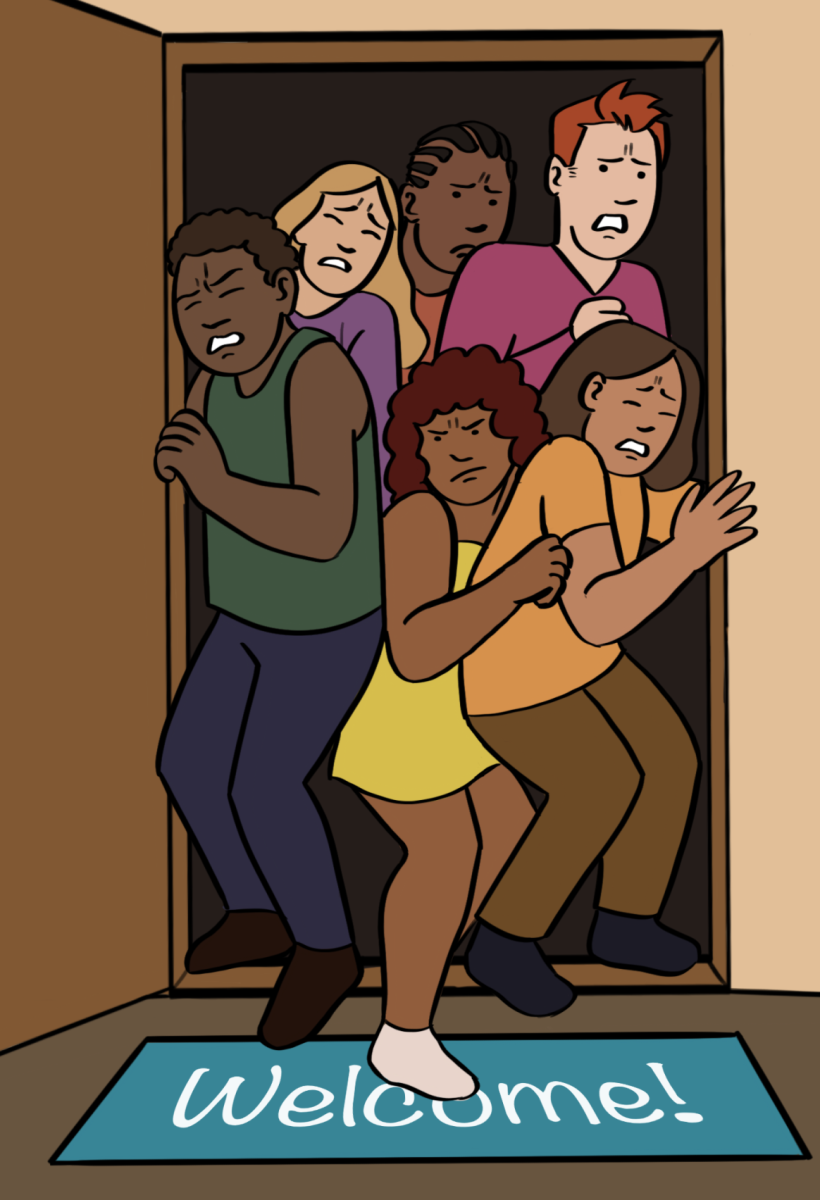As Coastal Carolina University prepares to house a record number of students this fall for the third consecutive year in a row, many are worried about the severity of mandated campus housing shortages and what is being done about it.
Housing shortages have been a recurring challenge. In a 2022 article, The Chanticleer wrote, “the university admitted 2,693 freshman this semester, but there were only 2,530 available beds in the on-campus dorms.”
In the following years, students were placed in forced-triple rooms that were meant for two people. If those rooms became unavailable, students would then be placed in temporary rooms and hotels until an on-campus room was ready.
According to Vice President of Auxiliary Enterprises and Chief Sustainability officer Steve Harrison, the university will be housing more than 5,000 students on campus this year, including both new and returning students
Harrison stated that the school is seeing record enrollment and strong retention rates.
“This is the second or third year in a row of record enrollments,” Harrison said.
As a result, students still have yet to receive housing placements as the fall semester quickly approaches. Without guaranteed freshman housing, many students are missing out on the first-year experience before it’s even begun.
Parents have expressed further frustration and concern online about not knowing where their kid will live or if they’ll have space on campus for them. They are upset by CCU’s policy that freshman and sophomore students must live on campus, but the university lacks enough housing to fit all the students.
For example, one mother of a CCU student commented her thoughts on a public Facebook post.
“The college says freshman and sophomores MUST live on campus and then accept too many students to fulfill their own requirements,” Julie Ward wrote. “And THEN, people aren’t finding this out until a month or mere weeks before college is set to begin and are scrambling to be able to make accommodations.”
Most students have been hesitant to speak publicly at this time. Still, anonymous online comments and parent forums voice frustration with late housing notifications and limited space.
“Had this happened to my child, she’d have had to come home and change schools,” Ward wrote.
Parents have said that the shortage has left families searching for last minute housing solutions and are angered by what they see as a lack of planning.
CCU’s new president, James Winebrake, stated that the university is aware of the concerns.
“We have at Coastal Carolina University the problems of success, and someone once told me that the problems of success are much better than the problems of failure,” he said. “And we have a university that’s high in demand and students want to be here from all across the country, and that means we need to look especially at housing.”
The university’s new 20 million dollar indoor practice facility, which Harrison described as “an expression of that long–term overall growth of the institution,” has fueled a lot of this criticism. Many members of the community think housing should be a much higher priority.
Harrison responded to this perspective by explaining that funding for athletics differs from that of housing budgets.
“The sources of funding, the ways in which we pay for something like the indoor practice facility versus a new residence hall versus a new dining hall or a new building with Laboratories and classrooms are very different,” he said. “And so there’s not a decision that we’re going to build this instead of that.”
Harrison states that the university has many building priorities, but that student housing is on the list.
“Among many other buildings on campus, one of the very first, highest priority things we’re excited to get working on this fall is the next of our new residence hall,” Harrison said.
Harrison expressed the university is planning on building new residence halls shortly that will hold up to one thousand eight hundred beds within U.S. Highway 501 and S.C. Highway 544.
“We’re working hard to address some of the issues that we have now, but we’ll also be looking forward in terms of what we can do in the future on that,” Winebrake said.
